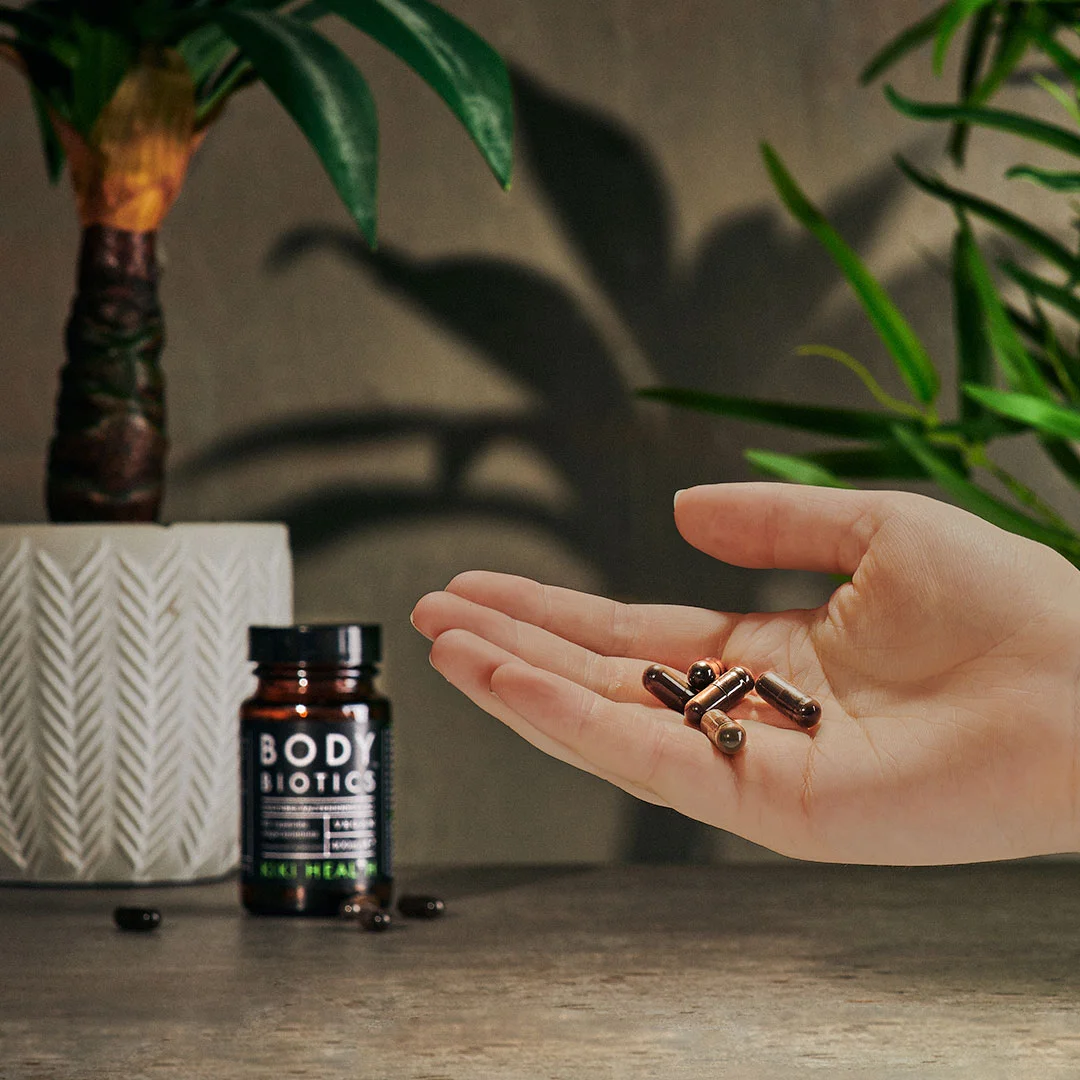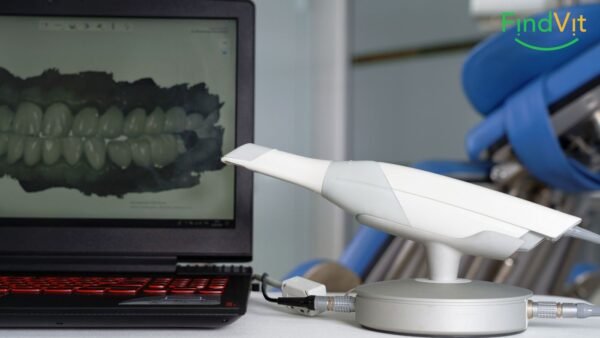Probiotics or good bacteria? Some of us use one word and others another, but we are talking about the same thing. Probiotics and their benefits are actively and widely discussed on social networks, so we will examine and help you better understand the benefits of probiotics for our body.
The importance of probiotics
Probiotics are live microorganisms that we get from consuming fermented foods or supplements.
A growing body of research shows that the balance or imbalance of bacteria in our digestive system is linked to overall health and disease.
Probiotics promote a healthy balance of gut bacteria and are associated with a variety of health benefits. Viable bacteria that have entered the moist medium come to life, start feeding on the available prebiotics and multiply. By increasing their natural colonies, they restore a healthy microbiome
These include benefits for weight management, the digestive system, immune function, and more.
Let's take a closer look at the benefits of probiotics for our well-being.
Probiotics help balance the bacteria in the digestive system
When our digestive system is disturbed, our well-being often worsens, and probiotics can help restore this good balance.1
This benefit is thought to be due to the ability of probiotics to restore the natural balance of gut bacteria.
An imbalance means there is too much bad bacteria and not enough good bacteria. This can happen due to illness, medications such as antibiotics, poor diet, etc.
The consequences can include digestive problems, allergies, mental health problems, obesity and more.
Probiotics are usually found in fermented foods or taken as supplements. Also, they seem to be safe for most people.
Probiotics are live microorganisms. When consumed in sufficient quantities and providing the body with a variety of them, they can help restore the natural balance of gut bacteria. A restored balance naturally contributes to a better sense of well-being.
Probiotics can help prevent diarrhea
Probiotics are widely known for their ability to prevent or reduce the severity of diarrhea.
Diarrhea is a common side effect of antibiotics. This happens because antibiotics can negatively affect the balance of good and bad bacteria in the gut.
Several studies have shown that the use of probiotics is associated with a reduced risk of antibiotic-associated diarrhea.
In one study, researchers found that probiotics reduced C. difficile infection (CDAD) in 60%.
Probiotics can also help with other forms of diarrhea that are not related to antibiotics.
If you are suffering frequent diarrhea there may be more reasons than a bacterial imbalance.
A large review of 35 studies found that certain strains of probiotics can reduce the duration of diarrhea by an average of 25 hours.
It is a good practice to have probiotics when traveling. We know that cuisines from other countries can cause diarrhea, so it is valuable to rebalance the gut bacteria with probiotics.
Note that effectiveness varies depending on the type and dose of probiotic used.
Strains such as Lactobacillus rhamnosus, Lactobacillus casei, and the yeast Saccharomyces boulardii are commonly associated with a reduced risk of diarrhea.
Probiotics can reduce the risk and severity of diarrhea.
Probiotics improve some aspects of mental health
A growing body of research links gut health to mood and mental health. You can learn more about it in the review - Gut and psychological state. How to restore the balance of good bacteria in the intestines?
Both animal and human studies show that probiotic supplements can improve some mental health disorders.
A review of human studies found that supplementation with Bifidobacterium and Lactobacillus strains for 1-2 months can reduce anxiety, depression, autism, obsessive-compulsive disorder (OCD), and improve memory.
One study followed 70 workers in a chemical industry for 6 weeks. Those who consumed 100 grams of probiotic yogurt per day or took a daily probiotic capsule experienced benefits in general health, depression, anxiety and stress
Benefits were also seen in a study involving 40 depressed patients.
Taking probiotic supplements for 8 weeks reduced levels of depression and lowered levels of C-reactive protein (a marker of inflammation) and hormones such as insulin compared to people who did not take the probiotic.2
Health professionals point out that there is an opportunity to feel the benefits by using only high-quality probiotics.
-
KIKI Health BODY BIOTICS - Good bacteria with organic prebiotics, 30 vegcapsules35,90 €Rated 5.00 out of 5 based on 2 customer ratings
Research shows that taking probiotics can help improve symptoms of mental health conditions such as depression, anxiety, stress and memory.
Certain probiotics can help maintain a healthy heart
Probiotics can help keep the heart healthy by lowering LDL ("bad") cholesterol and blood pressure.
Certain lactic acid-producing bacteria can lower cholesterol by breaking down bile in the intestines.
Bile, a naturally occurring liquid made mostly of cholesterol, aids in digestion.
By breaking down bile, probiotics can prevent it from being reabsorbed in the gut, where it can enter the bloodstream as cholesterol.
More effective ways to fight bad cholesterol are found - How to reduce the amount of "bad" cholesterol in the overview.
Probiotics can help protect the heart by lowering "bad" LDL cholesterol and slightly lowering blood pressure.
Probiotics can help reduce certain symptoms of indigestion
There are people who suffer from inflammatory bowel disease, including ulcerative colitis and Crohn's disease
Certain types of probiotics from Bifidobacterium and Lactobacillus strains improve symptoms in people with mild ulcerative colitis.
However, probiotics seem to have little effect on Crohn's disease symptoms.
Nevertheless, probiotics may be useful in reducing other intestinal disorders. Early research suggests that probiotics may help reduce the symptoms of irritable bowel syndrome (IBS).
Probiotics can help reduce the symptoms of intestinal disorders such as ulcerative colitis, irritable bowel syndrome, and necrotizing enterocolitis.
Probiotics can help boost the immune system
Older studies show that taking probiotics reduced the likelihood and duration of respiratory infections. However, the quality of the evidence was low in the sample.
The probiotic Lactobacillus crispatus has also been shown to reduce the risk of urinary tract infections (UTIs) in women 50%.
Optimal gut health is critical for many reasons, including maintaining a healthy inflammatory response, maintaining an optimal immune system (as over 70% of % active immune tissue resides in the gut)2 and aid in the digestion and absorption of food, as well as the production of supporting nutrients required for optimal health (B12, short-chain fatty acids…).
Ultimately, more detailed studies are needed to clarify the relationship between probiotics and immunity.
Probiotics can help boost the immune system and protect against infections.
Probiotics can help you lose weight and reduce belly fat
Probiotics can help with weight loss by interacting with many reactions in the body.
For example, some probiotics prevent the absorption of dietary fat in the intestine. As a result, fat is excreted with feces and does not accumulate in the body.
In the study, symbiotic supplementation increased the abundance of gut bacteria that have beneficial effects on health, particularly Bifidobacterium and Lactobacillus. It was also found that the richness of the gut microbiota and the abundance of potentially beneficial microbial species increased. The richer our microbiota, the better the quality of life.
Certain probiotics can help you lose weight and belly fat. However, other strains have been associated with weight gain.
Take advantage of the benefits of probiotics
You can get probiotics from a variety of foods or quality supplements.
Live probiotic cultures are often found in fermented dairy products such as yogurts and milk drinks. Fermented foods such as pickled vegetables, kefir, sauerkraut, and soy products may also contain lactic acid bacteria.
You can also take probiotics as supplements. Just pay attention and use only high-quality supplements that are made by reliable manufacturers. Health professionals recommend
-
KIKI Health BODY BIOTICS - Good bacteria with organic prebiotics, 30 vegcapsules35,90 €Rated 5.00 out of 5 based on 2 customer ratings
Also, keep in mind that stomach acid can destroy some probiotics before they even reach your gut, meaning you won't get any of the benefits you want.
If you want to experience any of the health benefits discussed above, it is important that you consume an adequate amount of high-quality and diverse types of probiotics.
Take advantage of the valuable information in the review - Gut health and the benefits of natural probiotics
Most studies showing the benefits of probiotics used doses between 1 billion and 100 billion live organisms per day.
It is important to rememberthat everyone's health is individual and there is no common recipe for everyone!
So, if you want to know what nutrients your body might be lacking right now, health professionals recommend a guide – "Your Day".
Literature:
1. Davani-Davari D, Negahdaripour M, Karimzadeh I, et al. Prebiotics: definition, types, sources, mechanisms and clinical applications. Food products. Foods 2019;8(3):92 2. Cardona F, Andrés-Lacueva C, Tulipani S, et al. Benefits of polyphenols on gut microbiota and effects on human health J Nutr Biochem 2013;24(8):1415-1422. 3. Febvre H, Rao S, Gindin M, et al. The PHAGE study: effects of bacteriophage supplementation on inflammation and gut microbiota in healthy adults. Nutrients 2019;11(3):666












